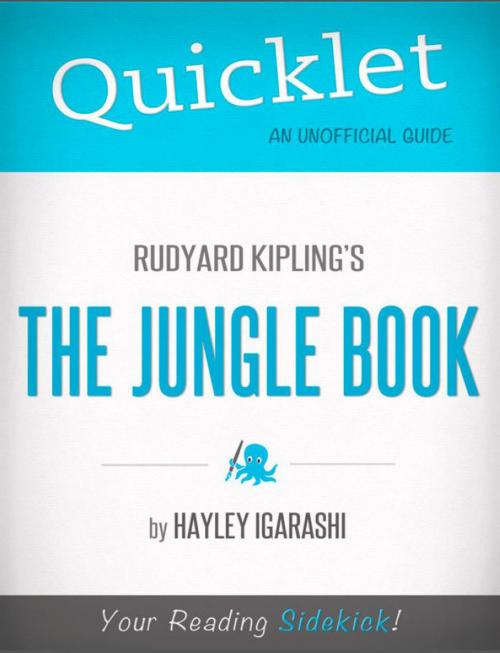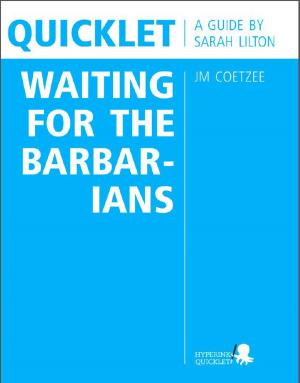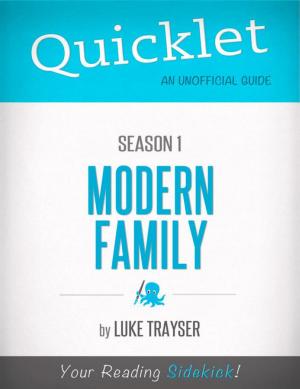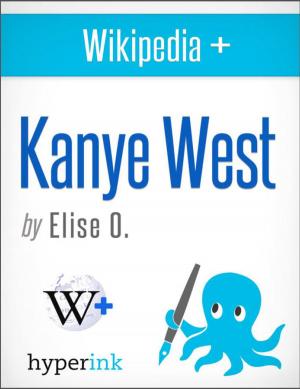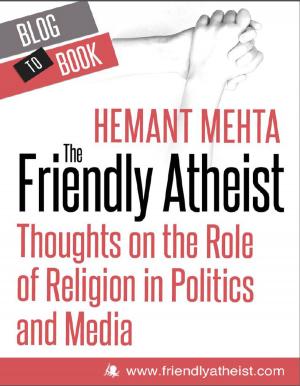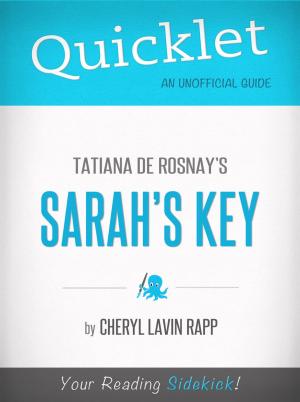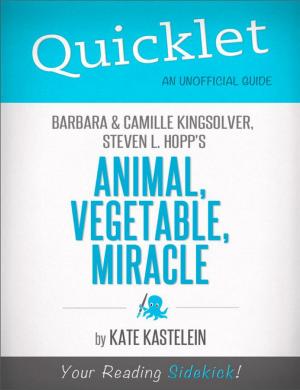Quicklet on Rudyard Kipling's The Jungle Book (CliffNotes-like Summary)
Nonfiction, Reference & Language, Study Aids, Book Notes, Art & Architecture, General Art| Author: | Hayley Igarashi | ISBN: | 9781614641728 |
| Publisher: | Hyperink | Publication: | February 24, 2012 |
| Imprint: | Hyperink | Language: | English |
| Author: | Hayley Igarashi |
| ISBN: | 9781614641728 |
| Publisher: | Hyperink |
| Publication: | February 24, 2012 |
| Imprint: | Hyperink |
| Language: | English |
ABOUT THE BOOK
In case there is any question, watching any of the film adaptations of The Jungle Book instead of reading the actual book is like ordering a cheesecake and then being content to eat a slab of cheese. To be fair, I actually liked the 1994 live-action Disney version. I’m not trying to pretentiously claim that all books are better than their film versions (though this is often the case). I just cannot think of any other way to illustrate the depth, richness, and character that somehow repeatedly got lost in translation from page to screen.
Many of the movies are about a boy who cavorts through the jungle with his animal pals and has a few unfortunate run-ins with a big tiger. Rudyard Kipling’s The Jungle Book, a collection of short stories and poems, is a violent, politically-charged social commentary about the ongoing tension between India and British Imperialism. It’s a kid’s book, sure, but that doesn’t stop it from containing more than a few pointed observations about life in 19th century India.
Again, I probably am being unfair to the movies. Some of Kipling’s stories are about a boy cavorting with jungle creatures. On the surface anyway. Three out of the seven short stories in The Jungle Book are about Mowgli, a human boy who loses his parents during a tiger attack and is subsequently adopted by a pack of wolves.
MEET THE AUTHOR
Hayley Igarashi is a student at UC Davis preparing to graduate this summer with a degree in both history and philosophy. She has been writing fictional short stories since she was a child, and a couple of her pieces have even been published in small online magazines. Only recently has she discovered how nice writing about real life can be, a realization that took surprisingly long considering her background in history. She likes to read and at the moment is most inspired by the writings of Kurt Vonnegut, Jonathan Safran Foer, Kazuo Ishiguro, and because everyone needs a guilty pleasure, George R. R. Martin. When not studying for school, she enjoys doing normal things like hanging out with friends and family and watching movies. Items on her bucket list include sky-diving, running a marathon, writing a full-length novel, and learning how to cook something that tastes good.
EXCERPT FROM THE BOOK
The Jungle Book contains seven short stories and seven poems. The first three stories are about Mowgli, while the remaining four each focus on different protagonists.
On the night of a big hunt, Father Wolf and Mother Wolf discover a man’s cub in the bushes, abandoned and naked. Mother Wolf immediately decides she will raise him as one of her own cubs, much to the tiger Shere Khan’s dismay.
Shere Khan believes the child was his to eat, and he is not happy to be turned away. Mother Wolf names the child Mowgli, which she says means frog. At the wolf Pack Council, Mowgli is accepted by the other wolves only after Baloo, a kind bear who teaches the cubs about the Jungle Law, and Bagheera, the black panther, vouch for him.
Buy a copy to keep reading!
ABOUT THE BOOK
In case there is any question, watching any of the film adaptations of The Jungle Book instead of reading the actual book is like ordering a cheesecake and then being content to eat a slab of cheese. To be fair, I actually liked the 1994 live-action Disney version. I’m not trying to pretentiously claim that all books are better than their film versions (though this is often the case). I just cannot think of any other way to illustrate the depth, richness, and character that somehow repeatedly got lost in translation from page to screen.
Many of the movies are about a boy who cavorts through the jungle with his animal pals and has a few unfortunate run-ins with a big tiger. Rudyard Kipling’s The Jungle Book, a collection of short stories and poems, is a violent, politically-charged social commentary about the ongoing tension between India and British Imperialism. It’s a kid’s book, sure, but that doesn’t stop it from containing more than a few pointed observations about life in 19th century India.
Again, I probably am being unfair to the movies. Some of Kipling’s stories are about a boy cavorting with jungle creatures. On the surface anyway. Three out of the seven short stories in The Jungle Book are about Mowgli, a human boy who loses his parents during a tiger attack and is subsequently adopted by a pack of wolves.
MEET THE AUTHOR
Hayley Igarashi is a student at UC Davis preparing to graduate this summer with a degree in both history and philosophy. She has been writing fictional short stories since she was a child, and a couple of her pieces have even been published in small online magazines. Only recently has she discovered how nice writing about real life can be, a realization that took surprisingly long considering her background in history. She likes to read and at the moment is most inspired by the writings of Kurt Vonnegut, Jonathan Safran Foer, Kazuo Ishiguro, and because everyone needs a guilty pleasure, George R. R. Martin. When not studying for school, she enjoys doing normal things like hanging out with friends and family and watching movies. Items on her bucket list include sky-diving, running a marathon, writing a full-length novel, and learning how to cook something that tastes good.
EXCERPT FROM THE BOOK
The Jungle Book contains seven short stories and seven poems. The first three stories are about Mowgli, while the remaining four each focus on different protagonists.
On the night of a big hunt, Father Wolf and Mother Wolf discover a man’s cub in the bushes, abandoned and naked. Mother Wolf immediately decides she will raise him as one of her own cubs, much to the tiger Shere Khan’s dismay.
Shere Khan believes the child was his to eat, and he is not happy to be turned away. Mother Wolf names the child Mowgli, which she says means frog. At the wolf Pack Council, Mowgli is accepted by the other wolves only after Baloo, a kind bear who teaches the cubs about the Jungle Law, and Bagheera, the black panther, vouch for him.
Buy a copy to keep reading!
